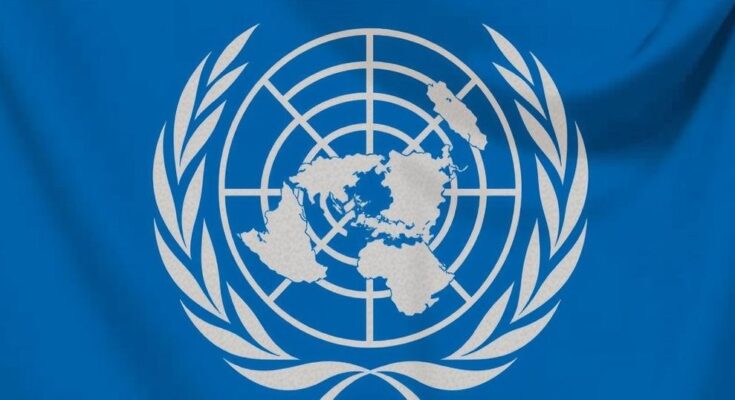The UN Special Rapporteur on human rights in Iran, Mai Sato, raised serious alarms regarding the country’s severe suppression of civil liberties, exemplified by a growing number of executions and the persecution of human rights activists and journalists. The Iranian regime’s misuse of capital punishment and inadequate healthcare for detainees spotlight a dire human rights crisis that has intensified over the past year, demanding urgent international attention.
In a critical analysis broadcasted by UN Web TV, Mai Sato, the United Nations Special Rapporteur on human rights in Iran, sounded the alarm over the troubling state of human rights in the country. With a focus on the systematic suppression of civil liberties, she underscored that Iranian authorities are increasingly using vague national security accusations to unjustly imprison journalists and human rights advocates. Many of these individuals suffer from deteriorating health conditions due to inadequate medical care while incarcerated, amplifying concerns about the treatment of detainees. The crackdown on civil society and press freedom has intensified, with reports of frequent threats, arrests, and prosecutions against those daring to voice dissent. Behind prison walls, the lack of basic healthcare further endangers the lives of these advocates and journalists, highlighting the dire circumstances faced by many in the Iranian justice system. Sato’s concerns extend to the Iranian government’s alarming reliance on capital punishment. Despite international norms set by Article 6 of the International Covenant on Civil and Political Rights, which permits the death penalty only for the most serious crimes, Iran frequently broadens this interpretation to justify numerous executions. This has led to a staggering rise in death sentences, raising skepticism about the country’s commitment to human rights. Recent statistics reveal that between October 2023 and October 2024, at least 811 individuals faced execution, reflecting a chilling surge in capital punishment, with even juvenile offenders among the condemned. Waterfalls of grief cascade through families as the state wields death as a tool of oppression, quelling any whispers of dissent. Maryam Rajavi, the President-elect of the National Council of Resistance of Iran, denounced this rampant violence, presenting it as a strategy by Supreme Leader Ali Khamenei to eliminate dissent and quell any potential unrest. Rajavi’s poignant reminder that “each execution leaves families and children in mourning” captures the profound sorrow blanketing the nation, compounding the already palpable anguish within society. Rajavi further urged the international community to take meaningful action against the regime’s heinous practices. She condemned the silence surrounding these atrocities, arguing it only fosters a climate for further abuses. A clarion call echoed throughout her statement, demanding that leaders responsible for the alleged crimes against humanity face justice on a global platform. The present climate in Iran, marked by an alarming rise in executions and increased suppression of human rights, beckons urgent attention from the international community. Advocates for human rights continue to rally for a collective response aimed at supporting Iranian civil society and demanding accountability for the systemic abuses that undermine the foundations of global human rights principles.
This article focuses on the United Nations’ assessment of human rights violations in Iran, particularly concerning the treatment of dissenters and the alarming increase in executions. Mai Sato’s interview sheds light on the government’s tactics in silencing critics through arbitrary detentions, vague legal charges, and harsh conditions in prisons. The discussion emphasizes the need for international action and accountability for ongoing human rights abuses under the Iranian regime.
The alarming rise in executions and the systematic suppression of civil liberties in Iran underline the urgent need for global intervention. Voices like Mai Sato’s and Maryam Rajavi’s signal a collective call for accountability and justice among the international community. Addressing these human rights violations not only aids those suffering in Iran but also reaffirms the universal commitment to upholding human dignity and fundamental rights worldwide.
Original Source: irannewsupdate.com



